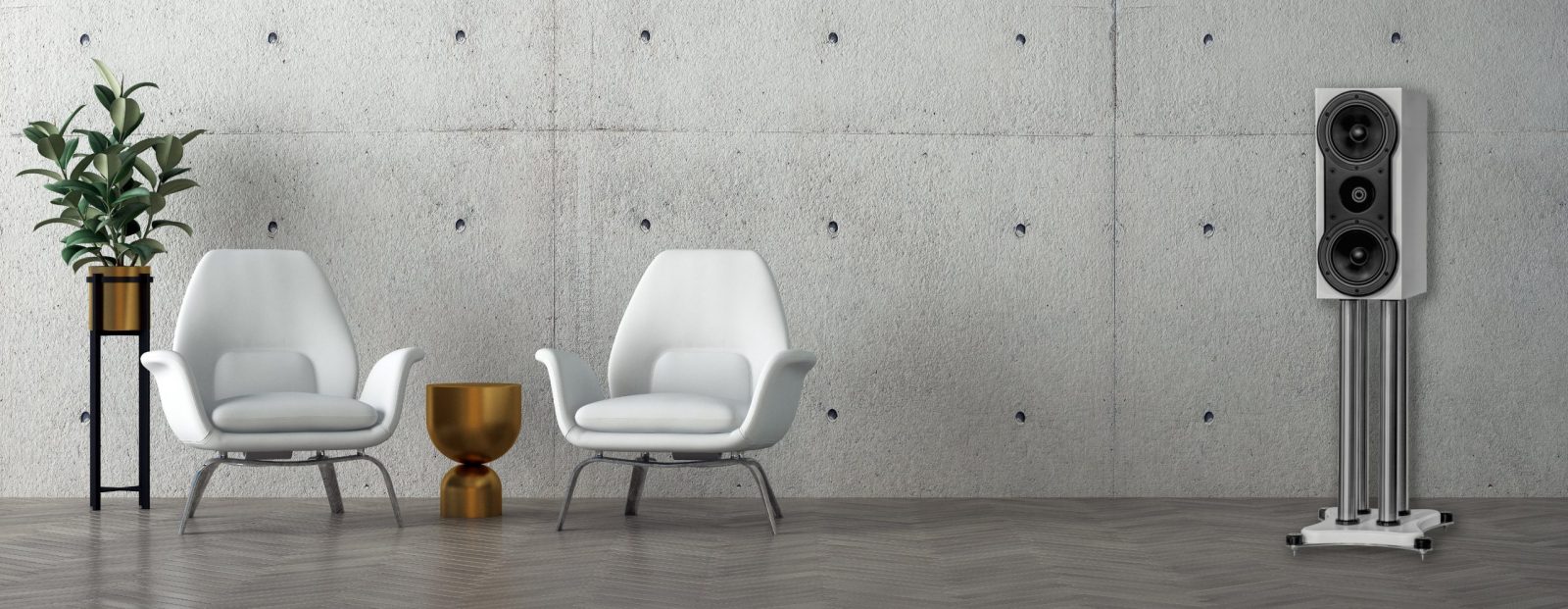Music at the workplace – useful or rather annoying? Opinions are divided on this, but especially in modern open-plan offices, you see more and more colleagues with headphones and music on their ears, mostly to isolate themselves from ambient noise. In fact, numerous studies confirm that music can even help us reduce stress and work more productively. In addition, music is said to have a pain-relieving effect; it appeals to our emotions and has been shown to improve stamina during sports and physically demanding work. Does this also apply to office work?
We have compiled an overview of when music is a sensible idea in the office or home office and which is best suited for productive work.
Decisive: mood and volume
Music influences our emotions: Some songs make us happy, others thoughtful, and still others make us nostalgic or sad. It would help if you also kept this in mind when choosing music for studying or working. So that you are not distracted, music that either makes you feel positive or that you don’t care about is suitable. It is better not to turn up the volume too much: ideally, the music should be quiet to just perceptible – whether with or without headphones. This pleases your colleagues, your ears, and certainly your boss. Loud music not only damages your hearing in the long run but also quickly causes restlessness and distraction, as you automatically concentrate actively on what you are hearing.
The right rhythms at the right time
Depending on the job, a day’s work can be very different. Sometimes you develop creative concepts, sometimes meticulous precision is required. Is required. Do you work alone or work on a task together with others? The nature of our tasks plays an important role in the choice of music.
Music for routine tasks
Who hasn’t experienced this? Repetitive routine tasks such as filing documents or sorting e-mails can quickly become boring and downright can cause a downright dull feeling. Motivating and mood-lifting effects are dynamic songs from the charts, pop, and rap songs. Rap songs with a wide variation of highs and lows have a motivating and mood-lifting effect.
Music for concentrated work
When an activity requires concentration, sounds and music can quickly become a double burden for the brain. Therefore, it is best to focus on uncomplicated pieces of music without lyrics during concentrated work phases, such as classical or instrumental. In addition, nature sounds with a regular rhythm; for example, the sound of the sea, also allows us to work more concentrated and productive in such moments.
Creativity and music
When your work calls for a particularly high level of creativity, it’s best to listen to nothing. Read correctly. The “Mozart effect,” which became known in the 1990s, is now considered questionable. According to this Mozart effect, piano music positively influences the spatial-temporal imagination when solving creative tasks. Studies now refute this phenomenon and even show that test persons solve creative tasks better when there is no background noise. So take advantage of quiet moments and let your thoughts wander undisturbed.
Relaxed and stress-free in the office thanks to music
With or without music: regular breaks are important for productive work. So allow yourself a few minutes of downtime and listen to fast, upbeat songs or simply your favorite music during the break. Because positive sounds make you happy by stimulating the release of the happiness hormone dopamine. So you start work in a good mood after a short break and even work more productively as a result. Having a really stressful day? Nature sounds and quiet pieces of music, e.g., instrumental, soft rock, or reggae, ensure relaxed working. By the way, we have the latter in common with our four-legged friends because reggae and quiet rock songs also have a particularly relaxing effect on dogs.
Studies or not: in the end, music at the workplace is a matter of taste. A matter of taste. Try out different pieces of music and listen to what makes you feel good, what is good for you – always with consideration for your colleagues, of course.
